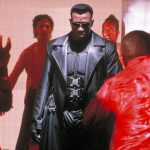The Lord of the Rings: The Two Towers (2002)
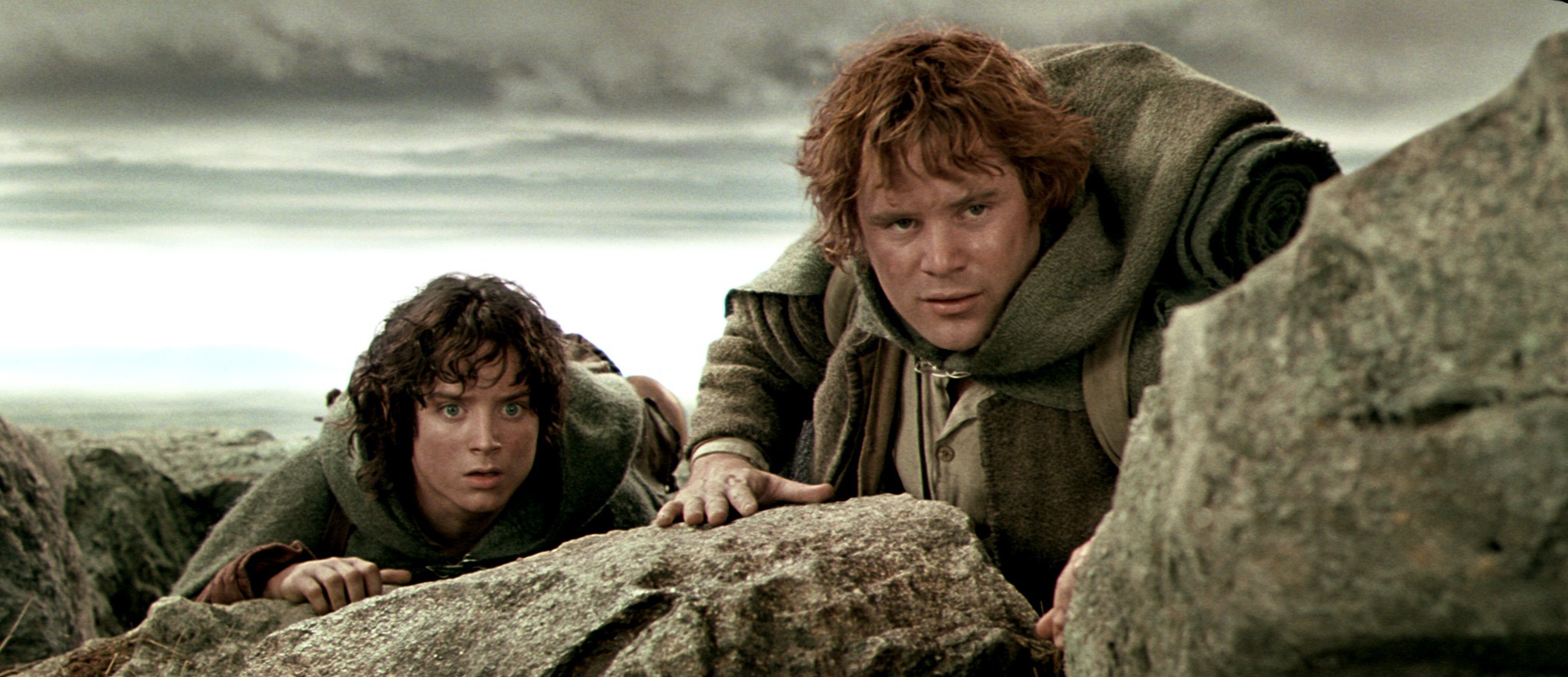
The Lord of the Rings: The Two Towers is a 2002 epic fantasy film directed by Peter Jackson, and it serves as the second installment in the Lord of the Rings trilogy, adapted from J.R.R. Tolkien’s novel. The film continues the saga of Frodo Baggins (Elijah Wood) and the Fellowship of the Ring as they confront new challenges in their quest to destroy the One Ring and vanquish the dark lord Sauron.
Set in the expansive world of Middle-earth, the story picks up where The Fellowship of the Ring ended. Frodo and his loyal companion, Samwise Gamgee (Sean Astin), press on towards Mordor, with the treacherous Gollum (Andy Serkis) leading their way—an unfortunate soul who once possessed the Ring. Meanwhile, Aragorn (Viggo Mortensen), Legolas (Orlando Bloom), and Gimli (John Rhys-Davies) track the orc-captured Merry (Dominic Monaghan) and Pippin (Billy Boyd), determined to rescue their friends.
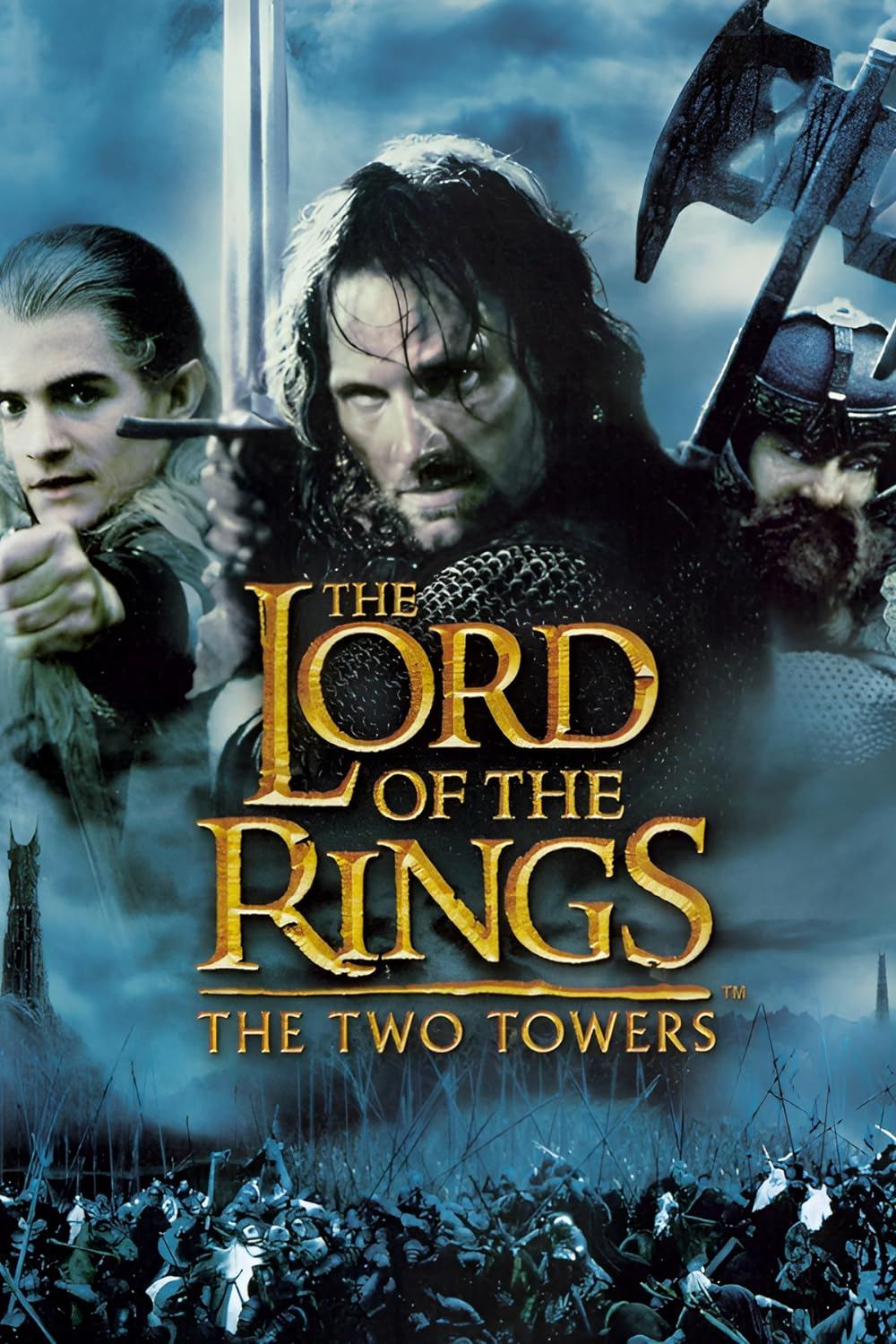
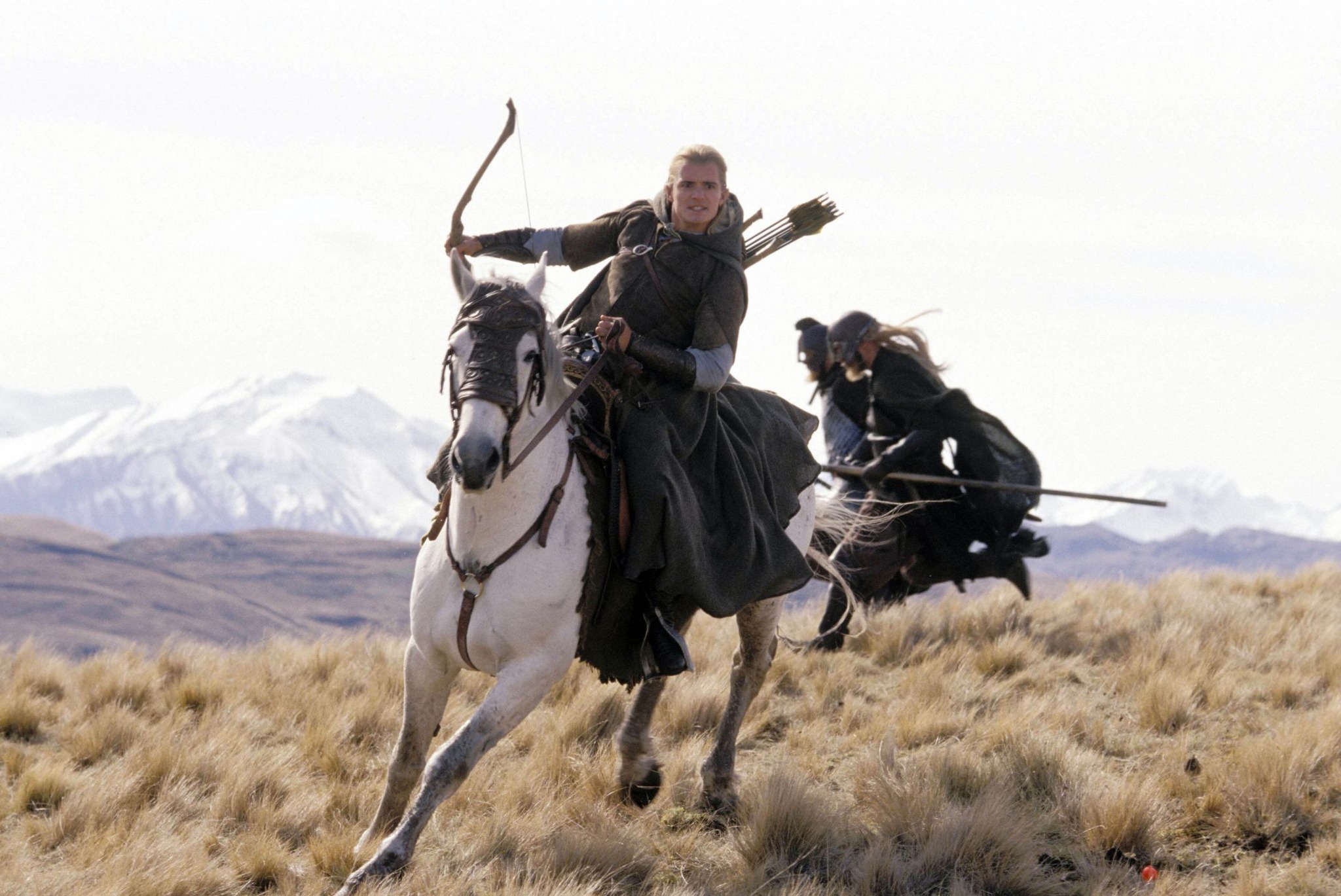
In the kingdom of Rohan, Aragorn, Legolas, and Gimli ally with King Théoden (Bernard Hill) to defend his realm from the malevolent Saruman (Christopher Lee), a corrupted wizard intent on obliterating Rohan with his army of Uruk-hai. As the battle for Middle-earth escalates, the fellowship faces daunting trials that test their resolve and loyalty, each member grappling with their own formidable obstacles.
The Two Towers is renowned for its stunning visual effects, engrossing narrative, and epic battle scenes, particularly the iconic Battle of Helm’s Deep. It delves into themes of bravery, camaraderie, and the fight against seemingly insurmountable odds, immersing viewers further into Tolkien’s vivid and detailed world.
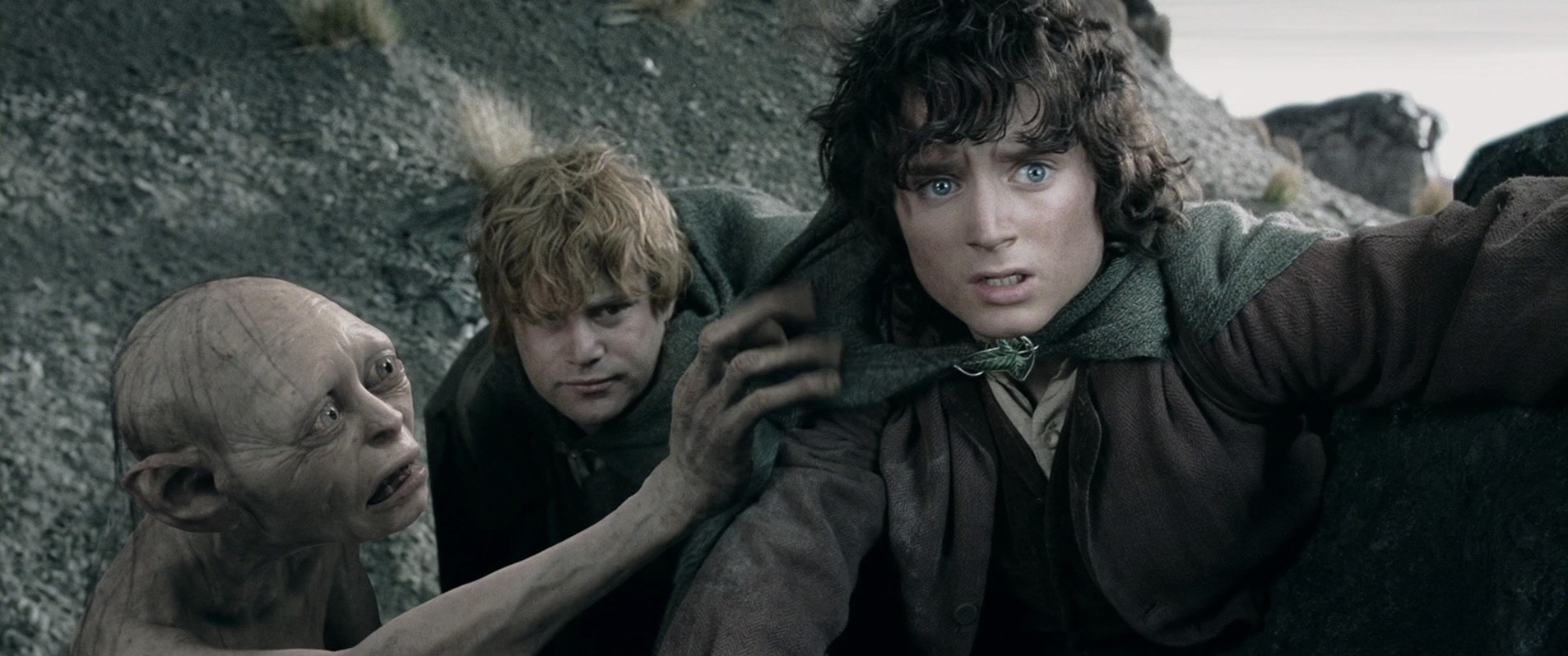
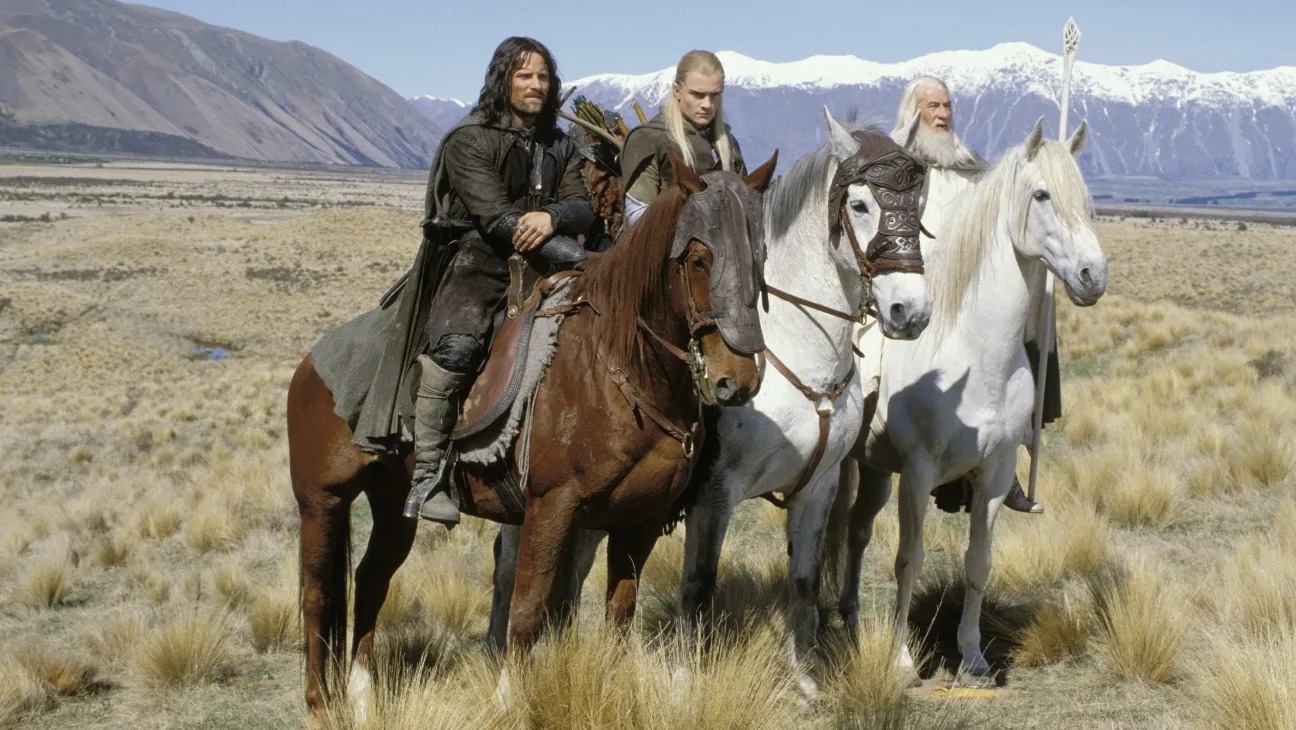

Upon release, the film garnered widespread acclaim for its direction, performances, and adherence to the source material, achieving significant box office success. It solidified the trilogy’s status in cinematic history and set the stage for the grand finale in The Return of the King.






